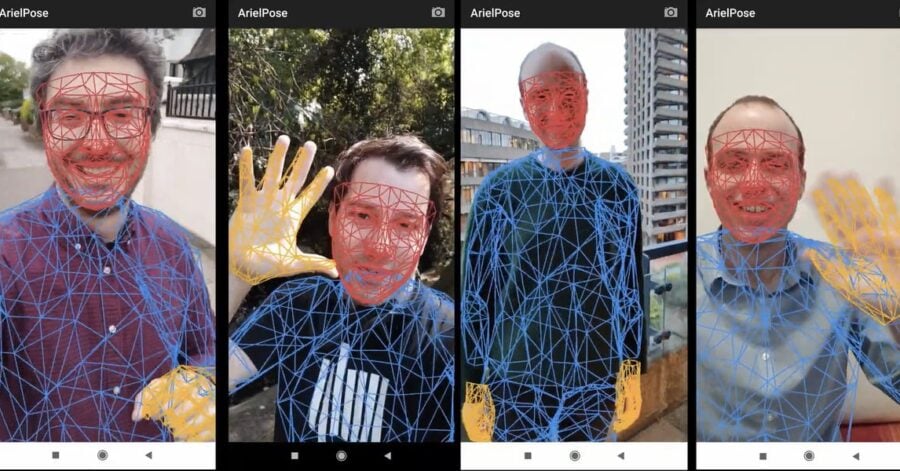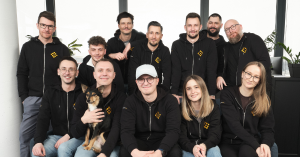Ariel, an AI startup building 3D augmented reality (AR) features of people in real-time, has been acquired by Snap, the company behind Snapchat, for an undisclosed sum. Before the deal, the total funding of Ariel AI amounted to $1.1М, according to Crunchbase. Ariel, whose founding team is marked by the presence of two well-established Greek entrepreneurs – George Papandreou and Iasonas Kokkinos – will now be working on improving the Snapchat camera and its AR features to further optimize the app for its over 238m everyday users. While the news came at the end of January 2021, the acquisition was much anticipated by investors. Nathan Benaich, an AI investor at Air Street Capital (one of the renowned AI and life sciences VCs in London) commented that the acquisition was also triggered by Ariel’s promising talent pool.
Ariel – the new face of augmented reality
The AI solution of Ariel enables users to add effects over their image through a pixel-accurate, real-time 3D reconstruction of the full human body on all types of devices. The technology used covers a spectrum of statistical models to recognize different populations and analyses user-specific traits. It can be used for a range of things apart from the application of visual filters and effects that Snap will probably be exploiting. For one, the potential of Ariel’s technology in the online shopping industry is promising as the solution may enable clients to virtually “try” clothes by using their individual 3D models. Customers can be further engaged in experiential retailing where they do not simply try clothes, but also do different activities with the products. Another use of the technology is hidden into the fact that 3D models of moving humans can be integrated for Augmented and Mixed Reality applications, thus bringing gaming to the next level. Ariel AI might as well be able to facilitate the holographic presence of people at different venues. In the sphere of education, Ariel has the potential to facilitate kinetic learning in which students perform tasks and experiments rather than passively listen to lecturers, which, in the current context of online education, opens a new possible niche for Snap to enter.
The Greek diaspora in action
George Papandreou and Iasonas Kokkinos are actively engaged in developing Ariel’s AI expertise. Papandreou, who has worked as a senior research scientist for Google where he pioneered deep learning models for dense prediction tasks, is currently the CTO of Ariel. Kokkinos who was in Facebook’s scientific research team is now the CEO of the AI startup. Both of them have an academic background, with Papandreou introducing the Gumbel-Max trick to machine learning during his years at the University of California and Kokkinos currently lecturing at London’s global university on topics related to deep learning.








